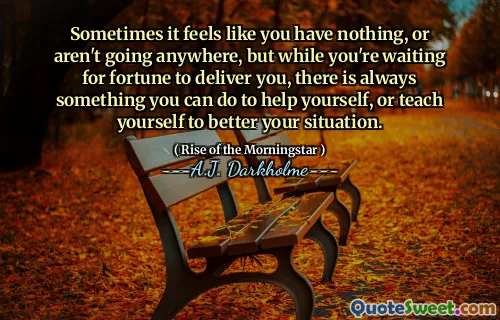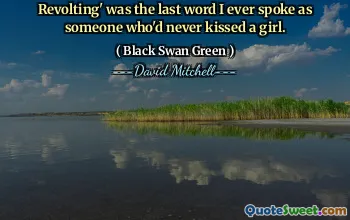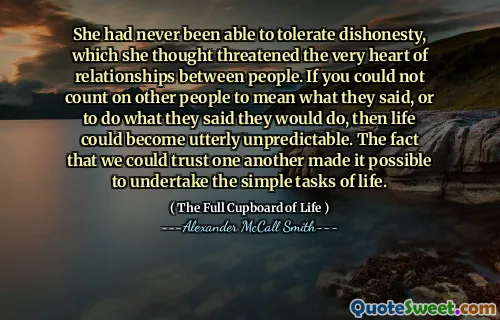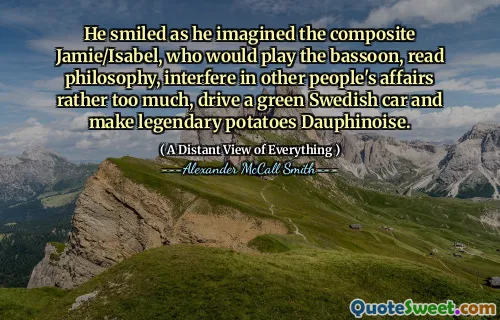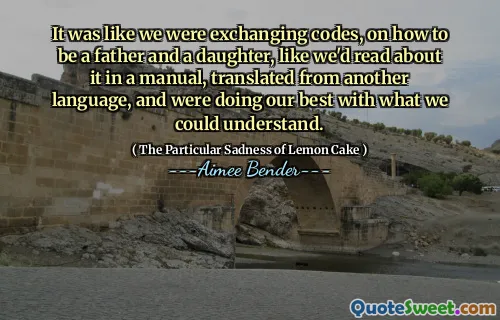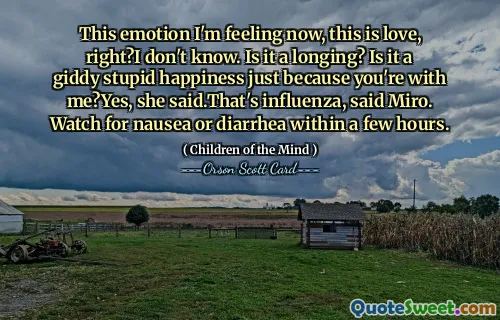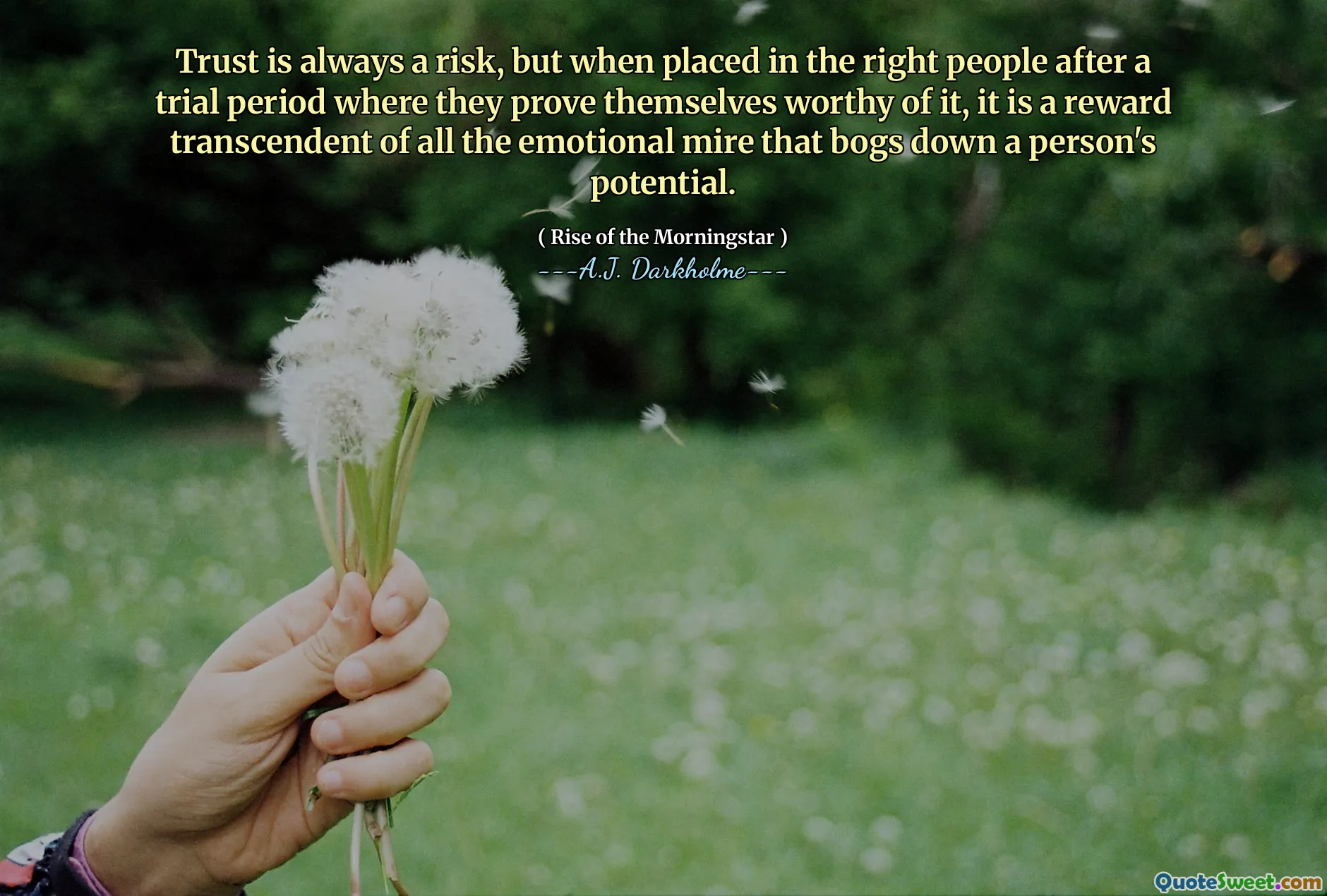
Trust is always a risk, but when placed in the right people after a trial period where they prove themselves worthy of it, it is a reward transcendent of all the emotional mire that bogs down a person's potential.
Trust is a fundamental component of meaningful relationships, be they personal, professional, or societal. It requires courageous vulnerability because it involves the possibility of disappointment, betrayal, or hurt. The quote highlights the inherent risk in trusting others but also emphasizes that such risk becomes worthwhile when it is wisely invested in individuals who have demonstrated their reliability over time. This process of evaluation—a trial period—serves as a screening mechanism, filtering out those whose actions do not align with their promises and highlighting those who earn genuine trust. The act of trust, once fully established, acts as a catalyst that elevates individuals beyond their emotional burdens and inhibitions. It liberates potential, allowing for growth, collaboration, and a profound sense of connection. The idea that trust can be transcendent underscores its power to elevate human experiences beyond superficial barriers. It transforms relationships into bonds of mutual faith and respect that can weather storms and uncertainties.
In many ways, this perspective aligns with the understanding that true trust is a gift that must be earned and nurtured. It challenges individuals to act consistently and honorably so that confidence can flourish. When trust is bestowed correctly, it serves as a foundation for resilience, innovation, and deep emotional fulfillment. It reminds us that the greatest rewards are often intangible, rooted in the confidence that we have in one another's intrinsic worth. As we navigate complex social worlds, this approach encourages patience, discernment, and a recognition that genuine trust can unlock human potential in extraordinary ways.
This quote resonates not only in personal relationships but also in leadership, teamwork, and broader societal constructs. It shows that trust is a delicate yet invaluable currency that, when managed wisely, can uplift everyone involved, removing barriers and fostering a higher sense of collective well-being.
